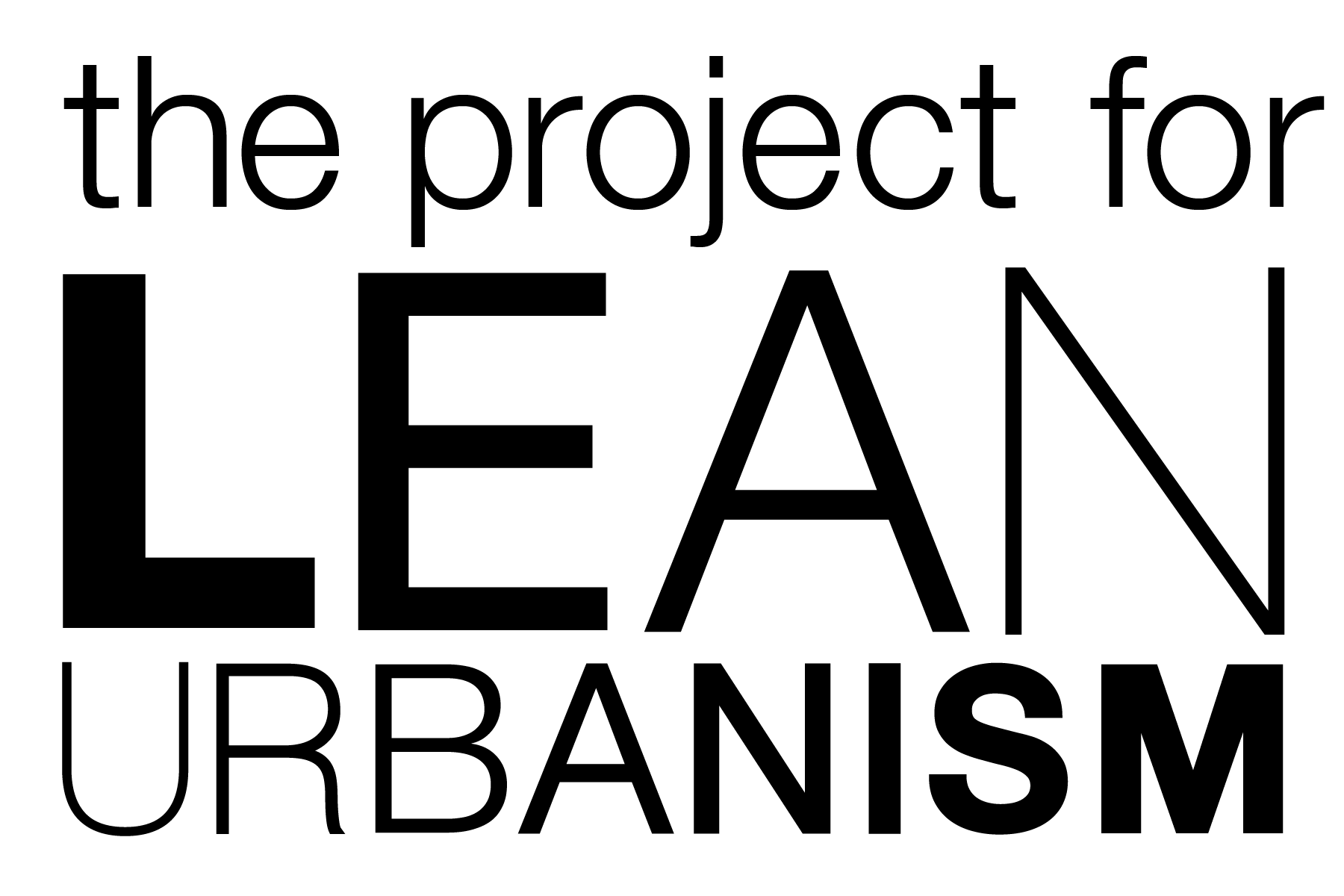Lean Charrettes
Over the past decade, even as there has been a growing fascination with the benefits of charrettes as a tool for planning and public engagement, there has been a constant complaint that charrettes are too expensive. This complaint has become more common and more urgent in recent years, with shrinking budgets and tightening competition among firms for a smaller pool of available work. Lean Urbanism has introduced a new set of concerns about the costs of the process. It is particularly difficult to fit a charrette into the budget of a project when the goal is to “make small possible.” But Lean Urbanism isn’t just about streamlining the planning process. In the simplest terms, it is about reducing the time and resources invested in planning and dedicating them instead to getting things done, in more manageable increments, with less top-down intervention or public investment, creating more opportunities for individual action, with smaller increments of investment.
read more